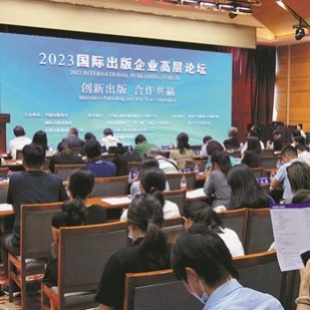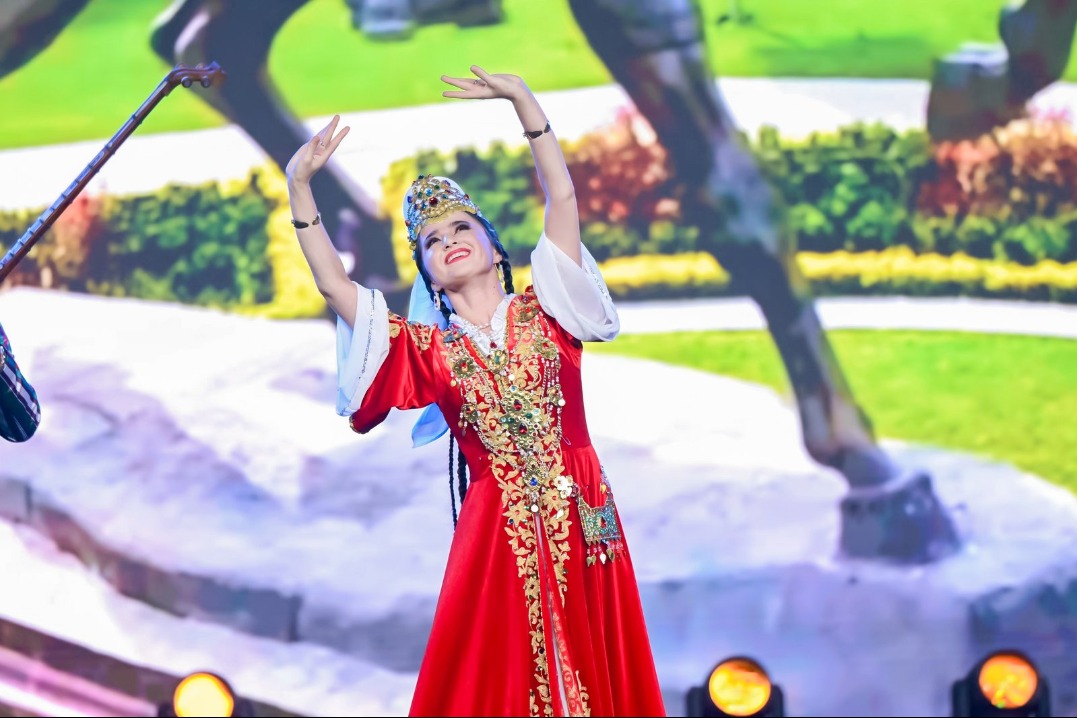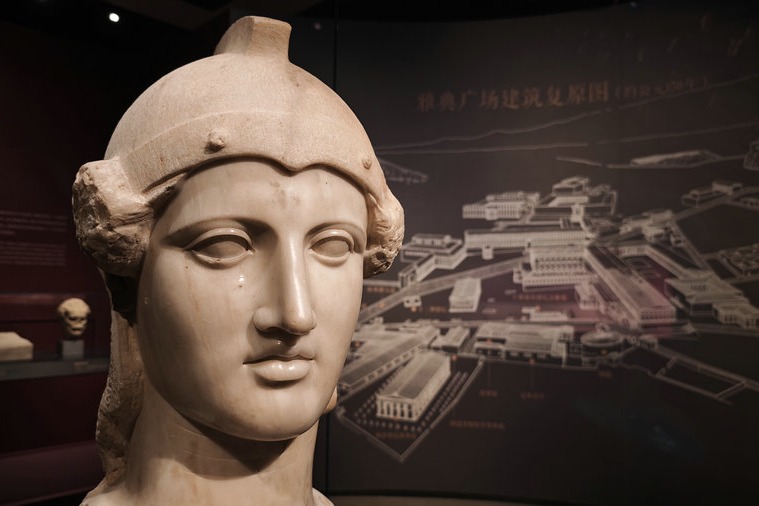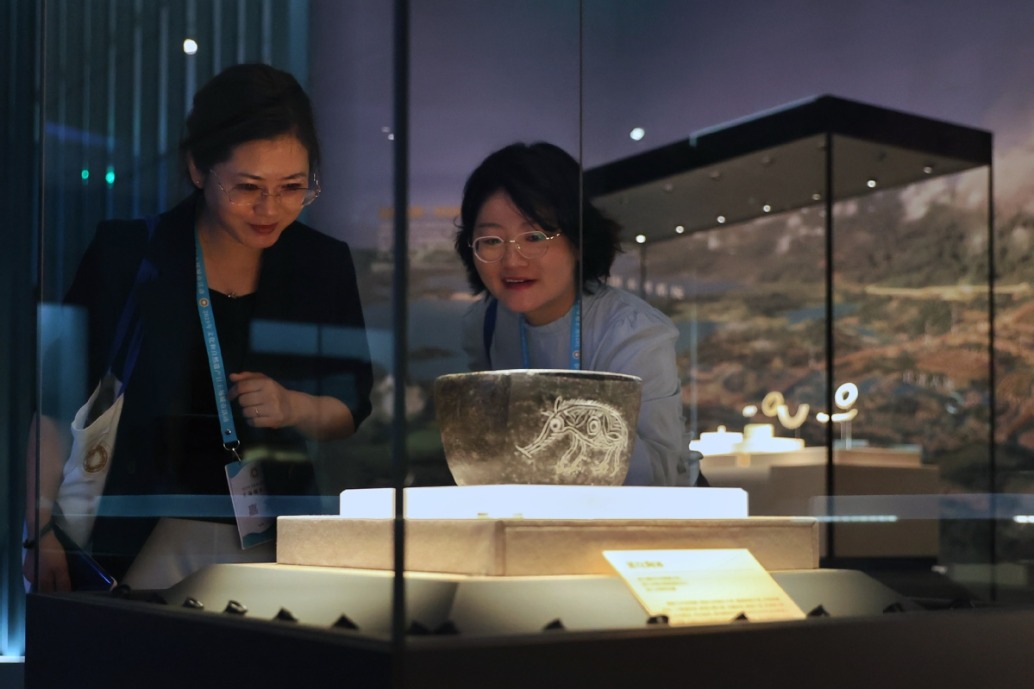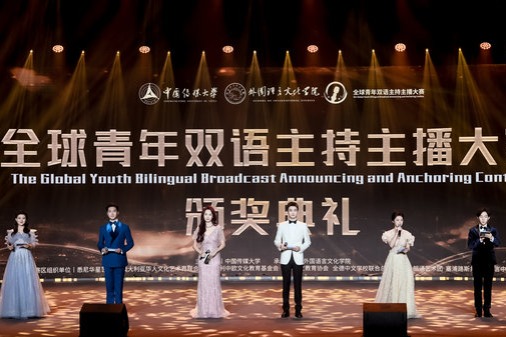Plotting the next chapter


Li Yongqiang, president of China Renmin University Press, said that AI can improve publishing efficiency and working methods. With the advancement of AI, intelligent translation can help Chinese publications reach overseas readers more quickly, so as to further promote the communication and exchanges between different cultures around the world.
As more readers develop a preference for online reading, a trend fueled by the COVID-19 pandemic, international publishing cooperation has had to turn toward new modes of copyright cooperation, especially in digital products, such as databases and digital books, he said.
The trend toward international publishing cooperation in digitalization continues to deepen with innovative methods being developed. For example, China Renmin University Press cooperated with Italian university Luiss to build a China center at Koc University in Turkiye, which integrates the exhibition of Chinese books, academic communications and exchanges, cultural communications and exchanges and publishing cooperation, he said.
Niels Peter Thomas, president of Springer Nature China and managing director of books for the corporation, presented a book at the forum that was independently created by AI in 2019. AI has obvious advantages in delivering quantity, quality, efficiency, and so on, but there are many passive consequences, he said.
For example, if a machine generates too much content in a short time, it will be very difficult for publishers to process the content. For academic works, editors need to check whether they are really written by the claimed authors, he said.
He added that there are a lot of challenges the publishing industry has to deal with in the era of AI. How to improve the existing technologies in AI text generation to be bias-free and inclusive? Which copyright is applicable? Who takes responsibility? How to control quality by peer review of machine-generated content?
Before any of these queries are really settled, the industry needs to conduct a lot of experiments, determining answers through trial and error, which requires the participation of the whole publishing community, he said.


